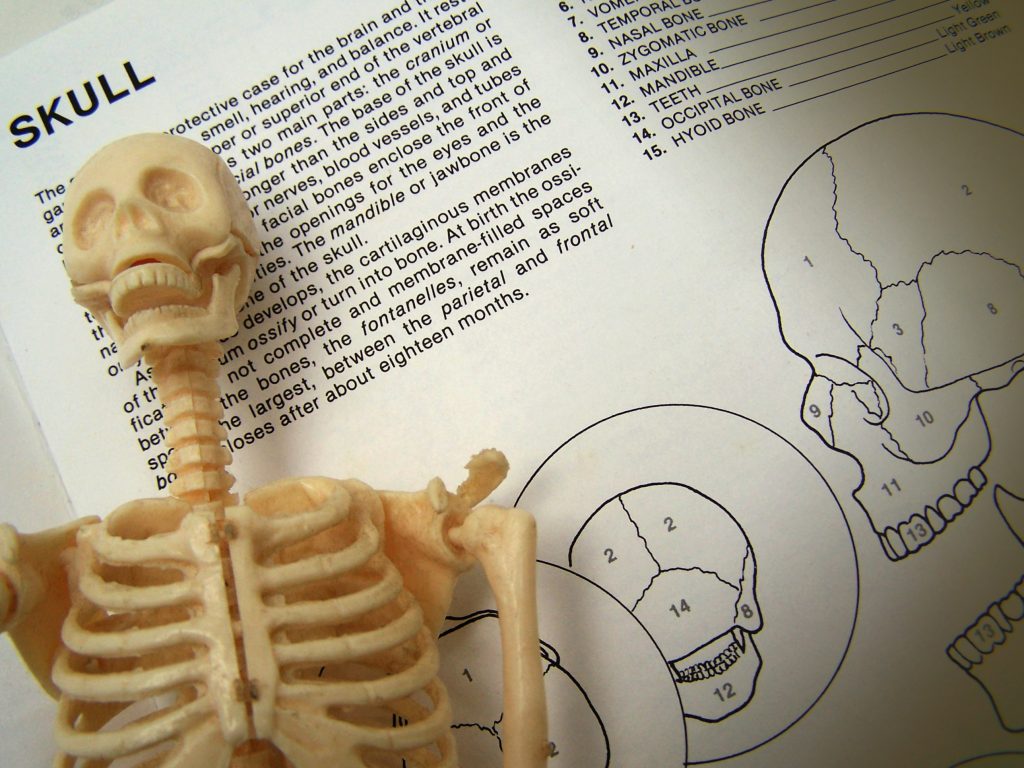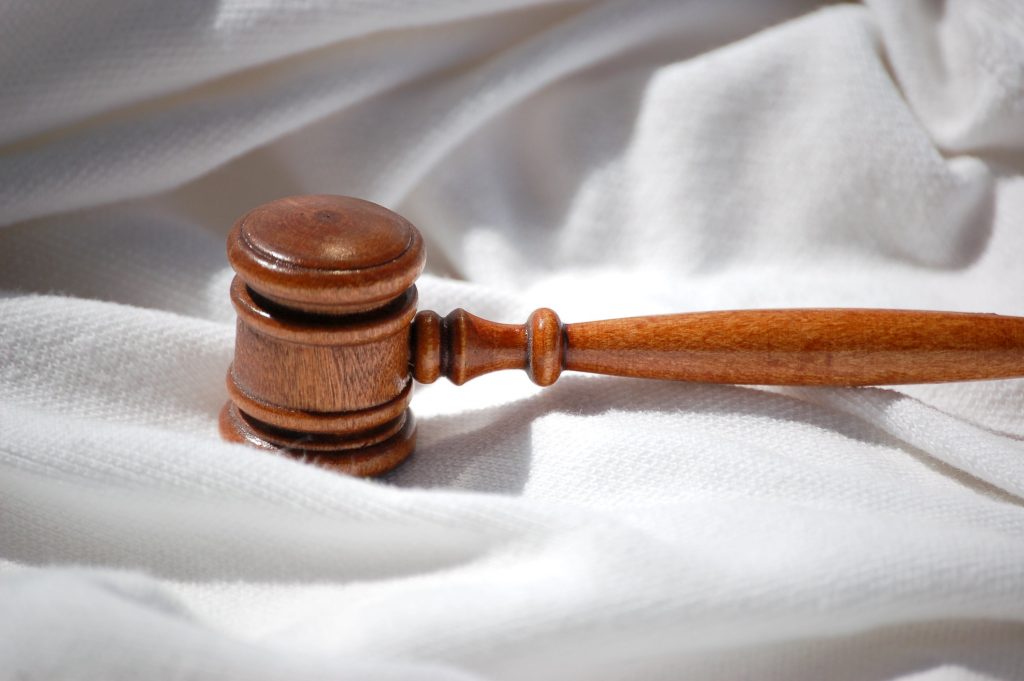 Sometimes you have a run of bad luck. If your injured on the job then not long after you get into a car wreck it can be hard to pinpoint which incident caused your injuries. If you are unfortunate enough to be involved in this scenario make sure you have the best workers compensation lawyer you can get to help the court understand your work related injuries. The following case out of Metairie, Louisiana shows how one recent appeals court dealt with just such a factual scenario.
Sometimes you have a run of bad luck. If your injured on the job then not long after you get into a car wreck it can be hard to pinpoint which incident caused your injuries. If you are unfortunate enough to be involved in this scenario make sure you have the best workers compensation lawyer you can get to help the court understand your work related injuries. The following case out of Metairie, Louisiana shows how one recent appeals court dealt with just such a factual scenario.
Leslie Nichols was a cosmetologist at the Elizabeth Arden counter at Dillard’s Metairie, Louisiana store. During her lunch break she slipped on the floor and fell. Rather than return to work after her fall she went home. The next day she went to an urgent care center and eventually was treated by her workers’ compensation doctor. She returned to work without restrictions, but a little over a week later she rode in the Orpheus Parade and attended the Orpheus Ball. She continued to treat for her injuries and on her way to a follow-up visit she was involved in a car accident. The accident further aggravated her injuries and rendered her disabled. Ms. Nichols sought compensation from for her injuries, including those aggravated by the car accident. Dillard’s argued that the car accident was an unforeseeable event causing aggravation of her pre-existing work place injuries, therefore, Dillards should not be responsible for those injuries as well.
At the original trial, the workers’ compensation court found there was no causal connection between her work injury and her disability, as it was a result of her car accident. Ms. Nichols filed for a new trial, and a second workers’ compensation court judge awarded Ms. Nichols damages by ruling the car accident and her original injury were causally connection. Dillard’s appealed the new judgment to the Louisiana Fifth Circuit Court of Appeal, seeking for reinstatement of the original judgment.
 Louisiana Personal Injury Lawyer Blog
Louisiana Personal Injury Lawyer Blog


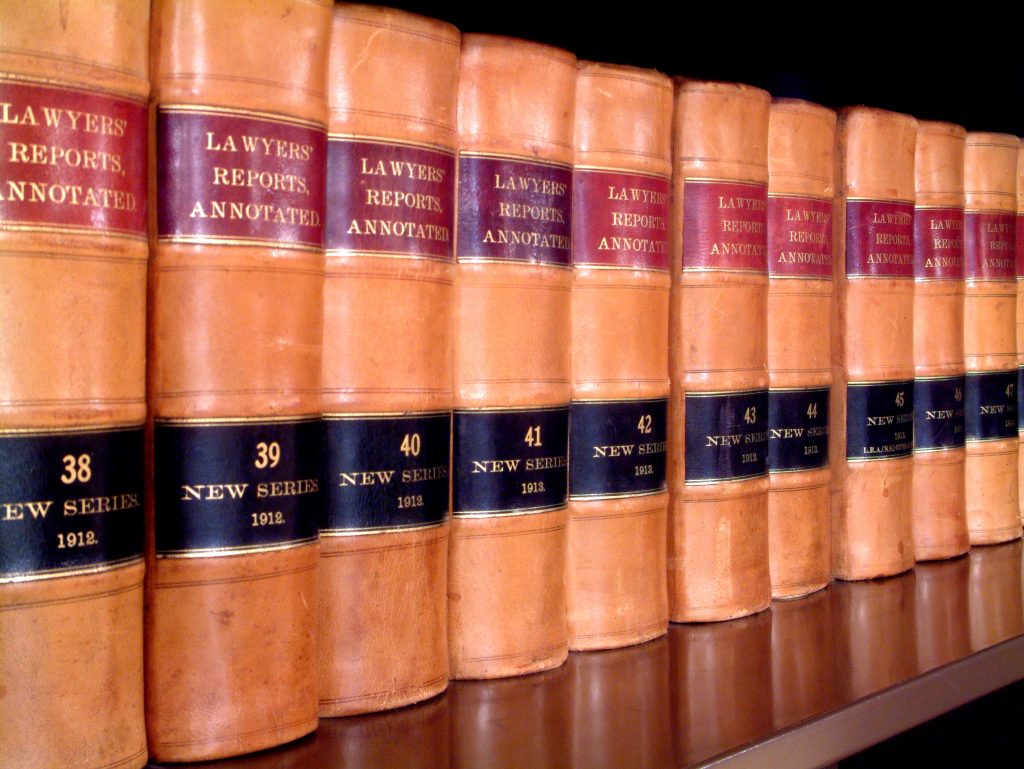 In litigation, “discovery” is the legal procedure by which parties obtain evidence from other parties or non-parties. Examples of common discovery tools include depositions (a witness’s out-of-court testimony) or requests to produce documents or other things. In Louisiana, attorneys must sign discovery requests, responses, and objections to discovery requests. This certifies that the request, response, or objection is consistent with the rules of discovery and is warranted by existing law or a good faith argument for extension, modification, or reversal of existing law. ( See
In litigation, “discovery” is the legal procedure by which parties obtain evidence from other parties or non-parties. Examples of common discovery tools include depositions (a witness’s out-of-court testimony) or requests to produce documents or other things. In Louisiana, attorneys must sign discovery requests, responses, and objections to discovery requests. This certifies that the request, response, or objection is consistent with the rules of discovery and is warranted by existing law or a good faith argument for extension, modification, or reversal of existing law. ( See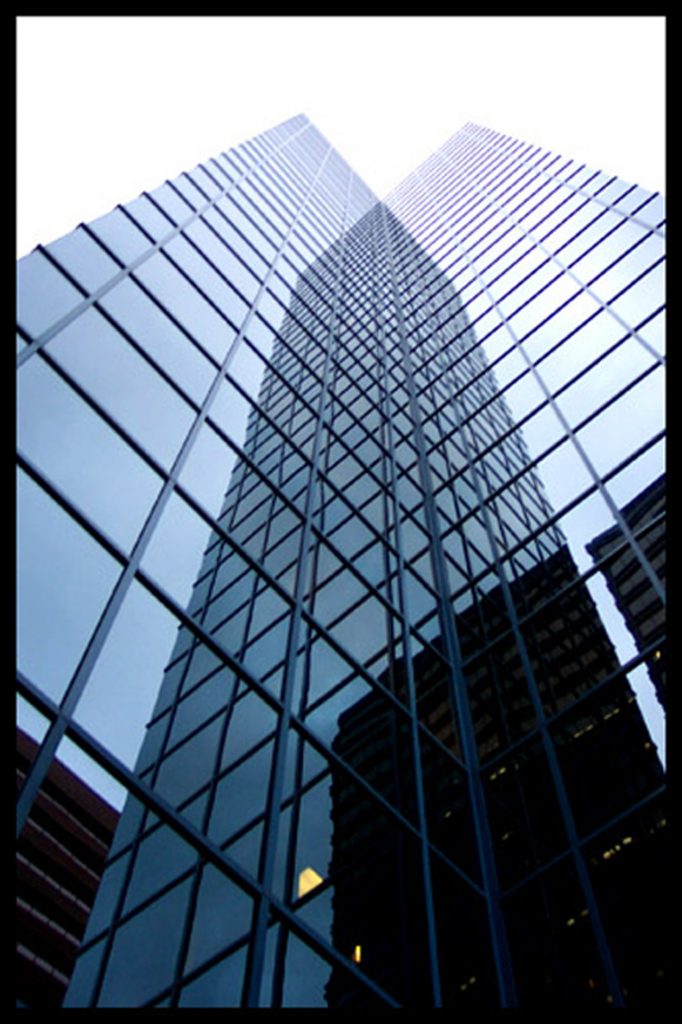 Countless lawsuits are decided under the legal standard of summary judgment. Summary judgment occurs when lawyers request a court to decide whether there are enough facts in dispute to even proceed with a lawsuit. The party requesting summary judgment must show that there is simply no dispute of any material fact and that the person requesting summary judgment is entitled to judgment as a matter of law. In answering this question, judges determine whether there is enough evidence in a case that a jury would be able to side with the person not requesting summary judgment. As a tactical matter, good lawyers often request summary judgment to dispense with certain claims early on in a lawsuit thus saving their clients time and money.
Countless lawsuits are decided under the legal standard of summary judgment. Summary judgment occurs when lawyers request a court to decide whether there are enough facts in dispute to even proceed with a lawsuit. The party requesting summary judgment must show that there is simply no dispute of any material fact and that the person requesting summary judgment is entitled to judgment as a matter of law. In answering this question, judges determine whether there is enough evidence in a case that a jury would be able to side with the person not requesting summary judgment. As a tactical matter, good lawyers often request summary judgment to dispense with certain claims early on in a lawsuit thus saving their clients time and money.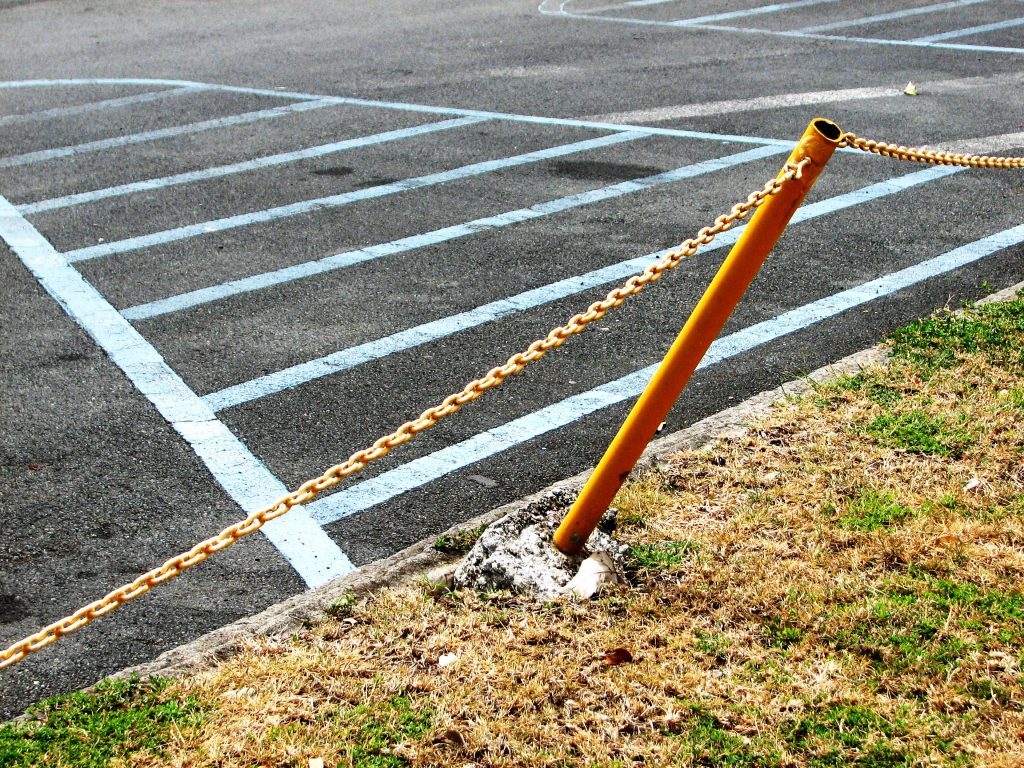 Not all slip and fall cases are successful as the burden of proof on the victim can be high in Louisiana. In a recent opinion out of the Louisiana Fifth Circuit Court of Appeals the trial court’s decision to award $20,000 to Carolyn Bennette, who slipped and fell at the Brother’s convenience store and gas station in Avondale, Louisiana was reversed. As discussed below, the appellate court stated that the defendants were correct in arguing that the trial court held the defendants to an improper burden of proof. In order to prove a slip and fall claim, a victim (here, the Plaintiff Ms. Bennette) has the burden to produce direct evidence supporting her claim, and the Appellate Court found that Ms. Bennette failed to prove three aspects of the claim.
Not all slip and fall cases are successful as the burden of proof on the victim can be high in Louisiana. In a recent opinion out of the Louisiana Fifth Circuit Court of Appeals the trial court’s decision to award $20,000 to Carolyn Bennette, who slipped and fell at the Brother’s convenience store and gas station in Avondale, Louisiana was reversed. As discussed below, the appellate court stated that the defendants were correct in arguing that the trial court held the defendants to an improper burden of proof. In order to prove a slip and fall claim, a victim (here, the Plaintiff Ms. Bennette) has the burden to produce direct evidence supporting her claim, and the Appellate Court found that Ms. Bennette failed to prove three aspects of the claim. 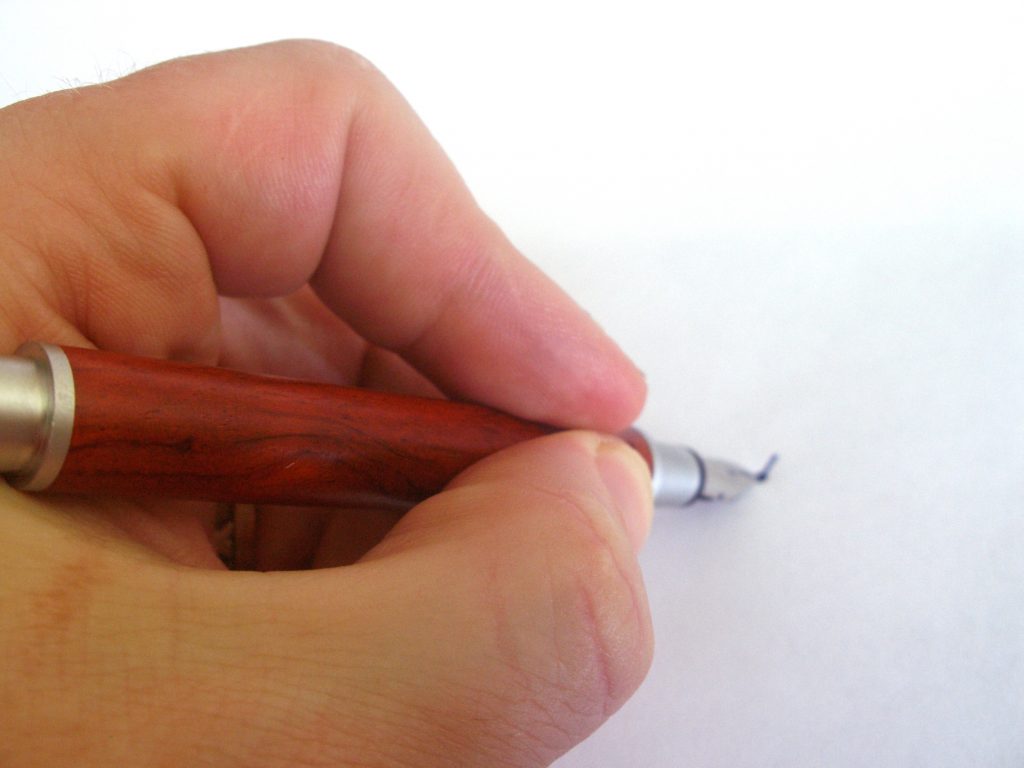
 Being an employee aboard a ship in the Gulf of Mexico can be hard work, and it can also be dangerous work. For Mark Baldwin, who worked as a sandblaster and painter for Cleanblast, LLC, danger presented itself when he was assigned to the vessel
Being an employee aboard a ship in the Gulf of Mexico can be hard work, and it can also be dangerous work. For Mark Baldwin, who worked as a sandblaster and painter for Cleanblast, LLC, danger presented itself when he was assigned to the vessel  A redhibitory defect is a problem with an article that renders it useless to the buyer. In Louisiana, although a seller owes no warranty for defects that are known to or should have been discovered by the buyer at the time of the sale, a seller does, by operation of law, warrant the buyer against redhibitory defects
A redhibitory defect is a problem with an article that renders it useless to the buyer. In Louisiana, although a seller owes no warranty for defects that are known to or should have been discovered by the buyer at the time of the sale, a seller does, by operation of law, warrant the buyer against redhibitory defects 